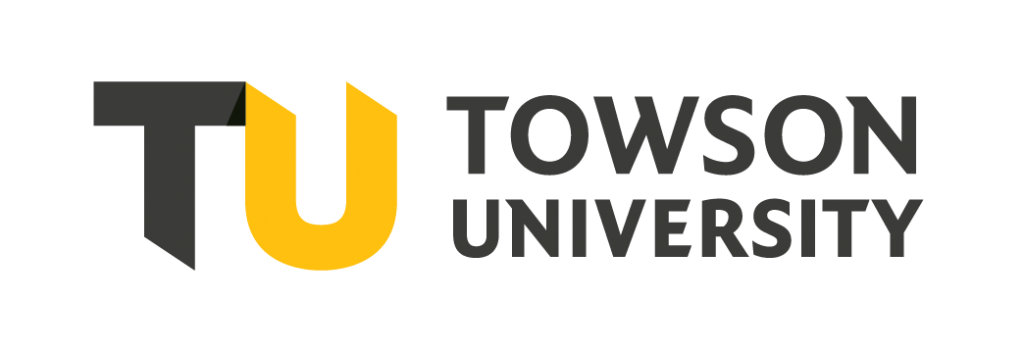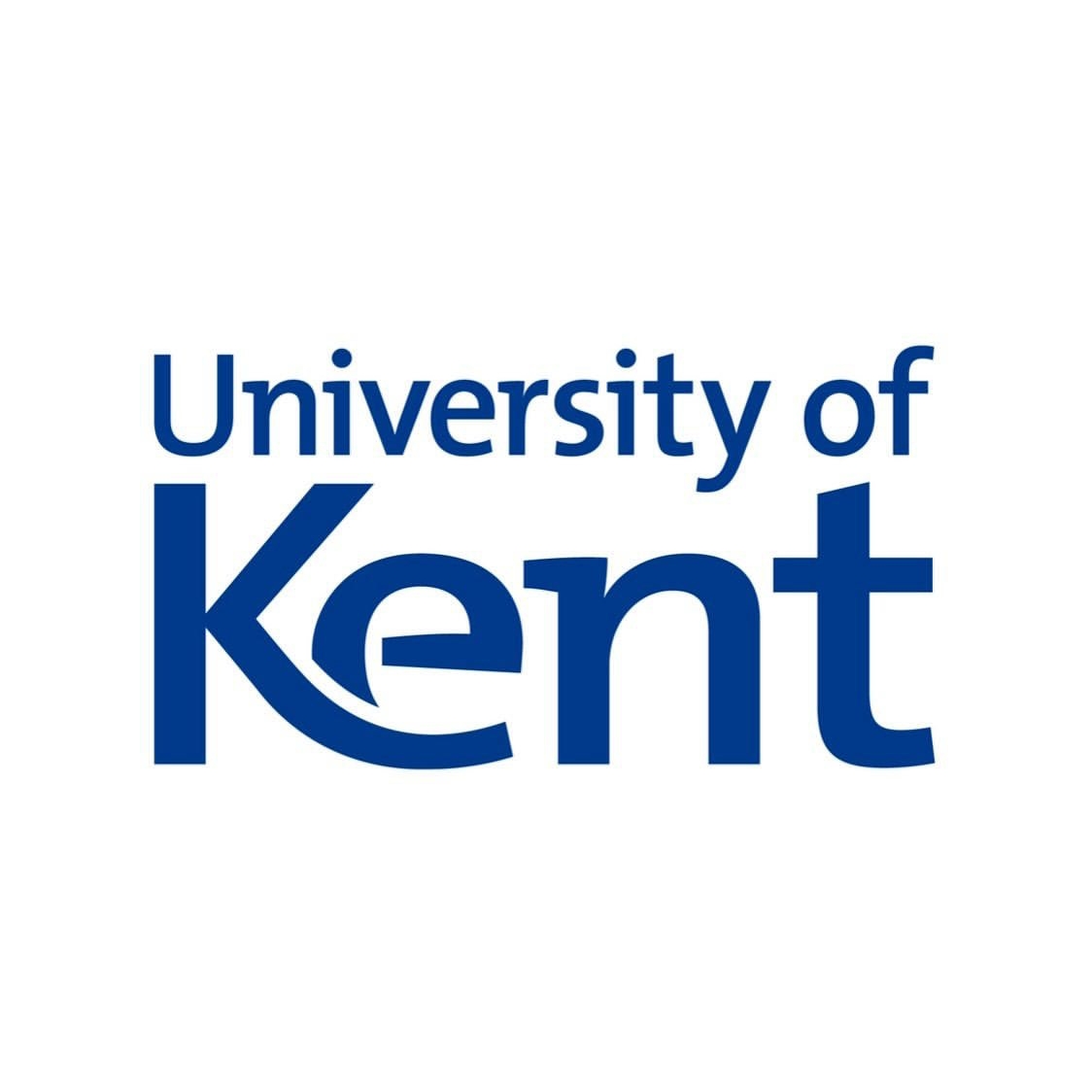Autism Studies: Unlocking Insights into Neurodiversity
Embark on a Transformative Journey in Autism Studies Abroad
For Indian students aspiring to make a meaningful impact in the field of special education and mental health, studying Autism Studies abroad offers unparalleled opportunities. This specialized course delves into the complexities of autism spectrum disorder (ASD), equipping you with the knowledge and skills to support individuals with autism in diverse settings. As autism awareness grows globally, including in India, professionals trained in this area are in high demand. Pursuing this course in countries like the UK, USA, Australia, or Canada provides access to cutting-edge research, inclusive practices, and multicultural perspectives that enhance your career prospects back home or internationally.
Whether you're passionate about psychology, education, or healthcare, Autism Studies bridges theory and practice, preparing you to advocate for neurodiversity. With rising autism diagnoses in India—estimated at 1 in 100 children—this field is not just academic but a call to action for social change.
Course Overview
Autism Studies programs are typically offered at the undergraduate, postgraduate, or certificate levels, lasting from 6 months to 2 years, depending on the institution and country. These courses combine classroom learning, practical placements, and research projects to provide a holistic understanding of autism.
- Duration: Undergraduate: 3-4 years; Postgraduate: 1-2 years; Certificate/Diploma: 6-12 months.
- Level: Bachelor's (BSc/BA in Autism Studies or Special Education), Master's (MA/MSc in Autism), or specialized diplomas.
- Popular Destinations: UK (e.g., University of Birmingham), USA (e.g., University of California), Australia (e.g., University of Sydney), Canada (e.g., University of Toronto).
- Mode: Full-time on-campus, with options for online modules in some programs.
- Tuition Fees (Approximate for International Students): $15,000–$30,000 per year, varying by country and university. Scholarships like Chevening (UK) or Fulbright (USA) are available for Indian students.
Many programs emphasize evidence-based interventions, making them ideal for those aiming to work in schools, clinics, or NGOs in India upon return.
Curriculum and Key Modules
The curriculum in Autism Studies is designed to build a strong foundation in autism theory while incorporating practical applications. Core modules focus on diagnosis, behavior management, and inclusive education, often drawing from global standards like those from the Autism Society or DSM-5 criteria.
Here's a breakdown of typical modules in a one-year Master's program:
| Module | Description | Learning Outcomes |
|---|---|---|
| Introduction to Autism Spectrum Disorder | Explores the history, characteristics, and diagnostic criteria of ASD, including sensory processing and co-occurring conditions like ADHD. | Understand neurodiversity and differentiate ASD from other developmental disorders. |
| Behavioral Interventions and Therapies | Covers Applied Behavior Analysis (ABA), TEACCH, and speech therapy techniques tailored for autistic individuals. | Design and implement individualized support plans. |
| Inclusive Education Practices | Focuses on adapting curricula for school settings, with emphasis on Universal Design for Learning (UDL). | Create inclusive environments that promote equity for autistic students. |
| Family and Community Support | Addresses caregiver training, cultural influences on autism perception, and community-based programs. | Develop strategies for family involvement and stigma reduction, relevant to Indian contexts. |
| Research Methods in Autism | Teaches qualitative and quantitative research, including ethical considerations in studying vulnerable populations. | Conduct independent research projects on autism prevalence or interventions. |
| Advanced Topics: Technology and Autism | Examines assistive technologies like apps for communication and virtual reality for social skills training. | Integrate tech solutions to enhance quality of life for autistic individuals. |
Practical components include supervised placements in autism centers, schools, or hospitals, where you'll apply theories in real-world scenarios. For Indian students, these experiences highlight global best practices that can be adapted to India's diverse cultural landscape, where autism support varies from urban NGOs to rural challenges.
Skills Gained from Studying Autism Studies
Graduates emerge with a versatile skill set that combines empathy, analytical thinking, and practical expertise. Key skills include:
- Diagnostic and Assessment Skills: Ability to identify autism traits using tools like ADOS (Autism Diagnostic Observation Schedule).
- Intervention Planning: Creating personalized education and therapy plans that respect cultural sensitivities.
- Advocacy and Policy Knowledge: Understanding international policies like the UN Convention on the Rights of Persons with Disabilities, applicable to India's RPWD Act 2016.
- Research and Data Analysis: Proficiency in analyzing autism trends, crucial for contributing to Indian research gaps.
- Intercultural Competence: Navigating diverse populations, preparing you for global or Indian multicultural settings.
- Communication Expertise: Techniques for non-verbal communication and collaborating with multidisciplinary teams.
These skills not only enhance employability but also empower you to drive change in India's growing autism support ecosystem.
Career Opportunities for Indian Graduates
With a degree in Autism Studies from abroad, you'll be well-positioned for rewarding careers. The global demand for autism specialists is rising, and Indian professionals with international credentials are highly valued.
Potential Career Paths:
- Special Education Teacher: Work in Indian schools or international institutions, adapting curricula for autistic children. Average salary in India: ₹4-8 lakhs per annum.
- Behavioral Therapist: Provide ABA or cognitive therapy in clinics like those run by Action for Autism in Delhi.
- Autism Consultant: Advise NGOs, governments, or corporates on inclusive policies; opportunities with organizations like Ummeed Child Development Center in Mumbai.
- Researcher or Academic: Pursue PhDs or join universities; contribute to studies on autism in Indian populations.
- Policy Advocate: Influence legislation at bodies like the Ministry of Social Justice and Empowerment.
- Healthcare Roles: As a support specialist in hospitals or community health programs, addressing India's 18 million autistic individuals (estimated).
Abroad, roles in NGOs like the National Autistic Society (UK) or Autism Speaks (USA) offer starting salaries of $40,000–$60,000. Many Indian alumni return home to lead initiatives, blending global insights with local needs.
Why Study Autism Studies Abroad as an Indian Student?
Studying abroad in Autism Studies exposes you to advanced facilities and diverse case studies not always available in India. For instance:
- World-Class Resources: Access to labs, simulation centers, and libraries with the latest journals on autism genetics and neurology.
- Global Networking: Connect with experts at conferences like the International Meeting for Autism Research (IMFAR).
- Cultural Exposure: Learn how autism is viewed in Western vs. Eastern contexts, helping bridge gaps in India where stigma persists.
- Scholarship and Visa Support: Programs like the UK's GREAT Scholarships or Australia's Endeavour Awards prioritize Indian students in health sciences.
- Post-Study Work Opportunities: Gain 1-3 years of work experience abroad, boosting your resume for Indian employers.
Moreover, the interdisciplinary nature of these programs aligns with India's push for inclusive education under the National Education Policy 2020, making your expertise directly transferable.
Eligibility and Application Process
To apply, Indian students typically need:
- Academic Qualifications: Bachelor's degree in Psychology, Education, or related fields (for postgraduate); 10+2 for undergraduate.
- English Proficiency: IELTS (6.5+) or TOEFL (90+); some universities waive this for Indian applicants with strong academics.
- Entrance Exams: GRE for US programs; not always required elsewhere.
- Documents: Statement of Purpose (SOP) highlighting your interest in autism, letters of recommendation, and CV.
- Application Timeline: Deadlines vary—September intake (apply by January) or January intake (apply by September).
Start by researching universities via platforms like Studyportals or directly on institution websites. Our study abroad counselors can guide you through visas (e.g., UK Tier 4, US F-1) and funding options tailored for Indians.
Success Stories and Final Thoughts
Many Indian students have thrived in Autism Studies abroad. For example, Priya Sharma, an alumna of the University of Kent (UK), now runs an autism therapy center in Bangalore, integrating ABA with Indian family dynamics. "Studying abroad opened my eyes to innovative therapies," she shares. "It's rewarding to bring that back to empower Indian families."
In conclusion, Autism Studies abroad is more than a degree—it's a pathway to fostering empathy and inclusion. With India's autism community expanding, your international training will make a profound difference. Take the first step today and explore programs that align with your passion for neurodiversity.



